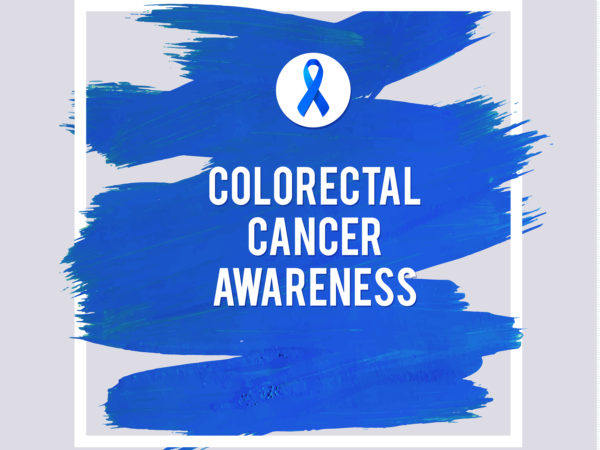If you’ve had a breast cancer diagnosis, your doctor may recommend radiation therapy, either as a primary treatment or after surgery. Radiation therapy plays a crucial role in reducing the risk of cancer recurrence and in improving long-term outcomes. At MRO, we’re specialists in treating cancer patients with radiation therapy and we’re here to support you at every stage of your journey.
 We believe that clear communication and personalized care are critical components in successful treatment. Don’t hesitate to discuss any questions or concerns you have about radiation therapy with your MRO care team.
We believe that clear communication and personalized care are critical components in successful treatment. Don’t hesitate to discuss any questions or concerns you have about radiation therapy with your MRO care team.
In the meantime, here are some frequently asked questions, and answers.
What is radiation therapy?
Radiation therapy uses high-energy beams or particles – similar to X-rays – to target and destroy cancer cells. Radiation therapy has been recognized as an effective tool to fight cancer for over 100 years, but advances in technology have made radiation therapy safer and more effective than ever before.
How is radiation therapy used?
One of the main advantages of radiation treatment is that it can be targeted with great precision at the affected area, with minimal damage to surrounding, healthy cells. Radiation is often used to identify and kill any cancerous cells that may remain in the breast area, chest wall, or lymph nodes after surgery. This significantly lowers the chance of cancer recurring and helps to control the spread of cancer to nearby tissues. In cases of advanced cancer, radiation may also be used to alleviate pain and other symptoms, by shrinking tumors.
What is the success rate of radiation therapy?
The success rate in treating breast cancer with radiation is generally very high, particularly in preventing localized recurrence after surgery. But it’s important to understand that every cancer case is different, and that “success rate” usually refers to the likelihood of remaining cancer-free over a period of time: i.e., five years, ten years.
What about my type of breast cancer?
As we stated above, each patient’s cancer case is different. There are many types and many stages of the disease.
According to the Cleveland Clinic, people with early-stage breast cancer who undergo a lumpectomy (breast-conserving surgery) followed by radiation, recurrence rates typically range from 3% to 15% within 10 years with this combined treatment. This is comparable to recurrence rates after a mastectomy.
For those who need a mastectomy, a surgical removal of the breast, radiation to chest wall may be recommended for larger tumors, cancer-positive lymph nodes, or other risks.
Keep in mind that overall survival rates depend on many factors, such as the stage and grade of the cancer, hormone receptor status, HER2 status (a protein found in some cancers that makes them more aggressive) and your overall health.
How many radiation treatments will I need?
Each patient’s treatment plan is different, but a typical course of treatment after a lumpectomy or mastectomy involves treatments five days a week, for five to seven weeks, or 25 to 35 individual treatment sessions.
At MRO, some patients can now be treated with HyperArc™ technology, which delivers larger daily doses of radiation over a shorter period of time. For many patients with early-stage breast cancer, schedules of three to five weeks (15 to 20 sessions total) can limit the side effects and improve the treatment experience.
Accelerated Partial Breast Irradiation (APBI) may also be an option. This technique delivers radiation pinpointed to the area surrounding a lumpectomy, and treatment may only last one or two weeks. At MRO, your care team will create a customized treatment plan just for you, depending on the specific type, stage, and location of your cancer.
What side effects to expect?
Advancements in radiation technology have enabled greater precision than ever before, which helps to reduce side effects (link to breast page). However, it’s common to have side effects similar to sunburn: dry, red, irritated skin, along with some fatigue.
How soon after surgery does radiation treatment begin?
In most cases, you’ll need some time to heal from surgery before starting radiation treatment, but here are some general guidelines.
After a lumpectomy or mastectomy, radiation treatment usually begins four to eight weeks after surgery, depending on the extent of the procedure and how quickly you are healing.
If you are also being treated with chemotherapy, you may have to wait until the chemotherapy is finished before you undergo radiation.
If you are having breast reconstruction, the specific timing of your radiation treatments depends on the type of reconstruction. In this case, your surgical oncologist, plastic surgeon, and MRO care team will work together to coordinate the timing of your treatments.
You can find more information at mropa.com or cancer.org or komen.org.


